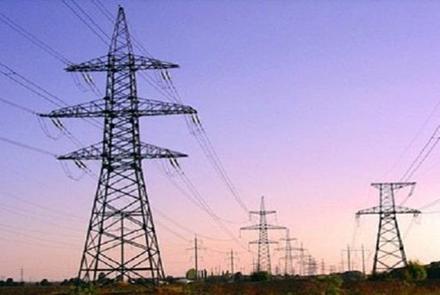The Ministry of Water and Energy said on Sunday construction of the Central Asian-South Asian (CASA) electricity project will begin after the procurement process has been concluded.
The ministry said two Indian companies are interested in implementing the project in Afghanistan. Soon one of the two companies will be selected.
Based on the schedule, the procurement process must be concluded by the end 2017. At the beginning of 2018 the practical work will begin.
Kyrgyzstan, Tajikistan and Pakistan, as per the CASA agreement, will be obligated to fund projects in the Afghan provinces designated by the agreement. Annually, the projects must add a minimum value of $2 million USD and be focused in areas of infrastructure and public services.
The CASA 1000 project will relay one thousand three hundred megawatts of electricity from Tajikistan and Kyrgyzstan to Afghanistan and Pakistan. It is one of the biggest electricity transit projects in the region.
The project includes powerlines of 750 kilometers long. The imported power will be pass from Sang-Toda in Tajikistan to Nowshera in Pakistan. Some 560 kilometers of that line will pass through Afghanistan.
“The project was approved by World Bank and regional countries. Two Indian companies gave us the lowest rates and if we reach to an agreement by April, the project agreement will be signed with one of the companies,” said deputy minister Amanullah Ghalib.
The total cost for the CASA 1000 project is $1.17 billion USD. Afghanistan's share of the cost will be paid for by the World Bank. The United States, Britain and European investment banks have committed to help in case of funding shortages.
It was expected that 300 megawatts of the imported electricity from the project will be added to Afghanistan electricity grid but now the ministry of water and energy said that by exploiting this project Afghanistan’s electricity share will also be exported to Pakistan.
“Besides economic benefits of the project, it will also be of advantage to the country’s security and political interests. We have always said that Afghanistan is a corridor and for the first time, Pakistan will be dependent to Afghanistan through TAPI and CASA 1000 projects,” said Ghalib.
“If influential people of the country become united in national projects implementation and prefer public interest rather than personal interests, from side the project will be implemented and from other side will lead toAfghanistan's economic growth,” he added.
Afghanistan will earn an annual amount of $50 million USD from transit rights, which is a major amount for reconstruction in Afghanistan. It will benefit the implementation of number of public service projects worth $40 million USD.


